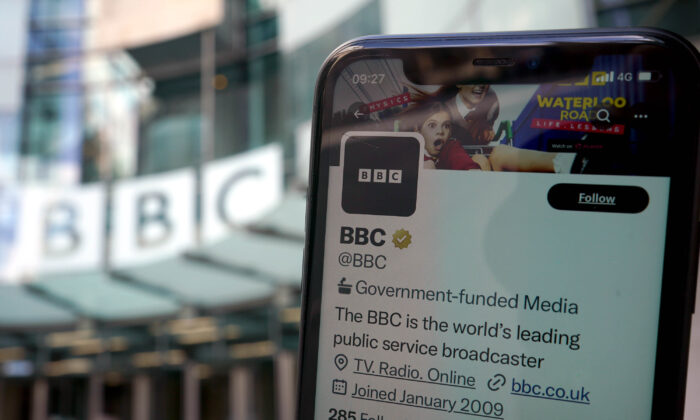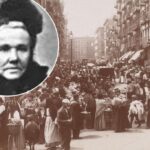The former government initiated a review of the license fee model, exploring alternative funding options for household payments. Prime Minister Sir Keir Starmer expressed his commitment to the BBC and its TV license fee, emphasizing the importance of the broadcaster. Under the Conservative government, the annual fee faced scrutiny, leading to a freeze at £159 before a slight increase to £169.50 in April. The review of the license fee model aims to secure funding for the BBC beyond its current charter period, ending in December 2027.
Labour MP Lisa Nandy has been appointed as the culture sectary to oversee the review of the license fee. An expert panel will assess which BBC services could transition to commercial viability and explore potential business revenue streams. Additionally, the funding arrangements for the BBC World Service and minority language broadcasting will be examined. The Labour party will make decisions about the future of the BBC based on the panel’s report, scheduled for release in the autumn.
The party has pledged to collaborate with public service broadcasters to enhance accessibility to culture and the arts and invest in the creative industry. BBC director-general Tim Davie has indicated openness to a more progressive license fee, with a consultation expected to launch next year. In response to financial challenges, the broadcaster plans to implement £500 million in savings, with an additional £200 million in cuts announced by Mr. Davie in March. The BBC remains focused on providing value to the public and looks forward to engaging with the government on funding discussions.
Source link





